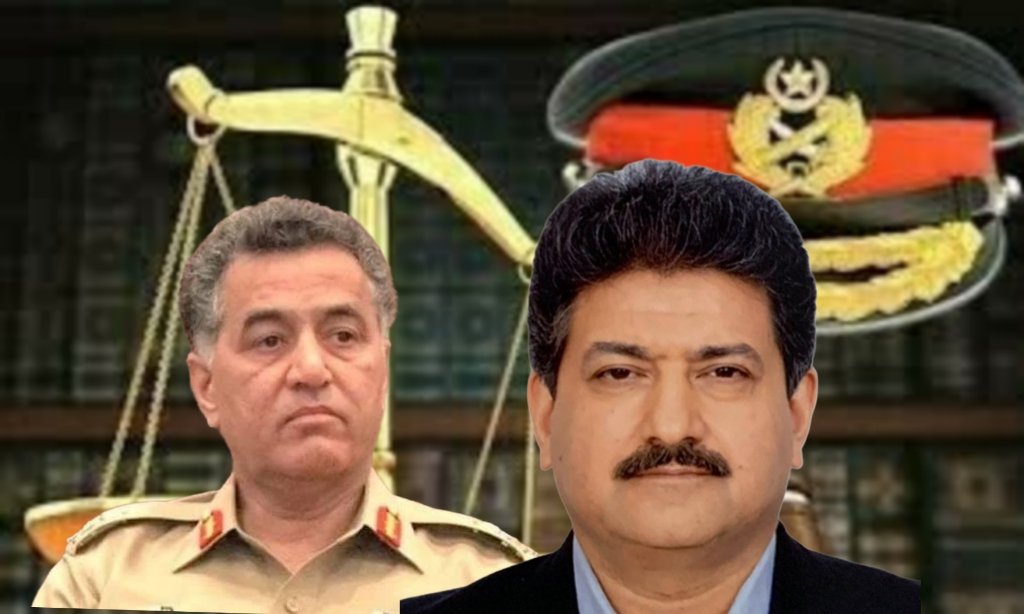
ISLAMABAD — The federal government’s decision to ban the hardline religious party Tehreek-e-Labbaik Pakistan (TLP) has effectively dismantled a group accused of weaponising religion to spread discord and issue excommunication edicts.
In a detailed analysis, prominent commentator Ammar Masood said the party had long operated as a pressure group rather than a religious organisation — using religion as a means of coercion and fear. “When the state decided to uproot this menace decisively, the results followed,” he remarked, stressing that Pakistan must abandon fatalism and take control of its own affairs.
Masood argued that for years, society had passively accepted its problems as destiny, refusing to challenge or change the status quo. That mindset, he said, allowed criminal behaviour to flourish unchecked until recent enforcement measures showed that the state could, in fact, act decisively.
He recalled the fear once faced by women in public spaces due to harassment and assaults, noting that many girls had stopped attending schools and colleges. Masood praised the government’s use of CCTV footage to identify offenders, saying that “although some actions may not have strictly followed legal procedure, families now feel safer, and serious street crimes have sharply declined.”
Masood criticised extremist religious outfits for turning into “blackmailing pressure groups” that misused the name of religion for financial and political gains. “Their tongues preached faith, but their hands collected donations while issuing fatwas of disbelief,” he said, adding that these groups had long terrorised citizens, attacked minorities’ places of worship, and even killed police officers — actions that made even law enforcement agencies hesitant to confront them.
He lauded the Punjab government’s decisive crackdown, including raids, recovery of foreign currency, arrests of militants, and registration of murder cases against those involved in violence. The move ultimately led to the federal government banning the group within days.
According to Masood, the ban marked the end of a culture that used religion as a weapon and normalised the issuing of takfiri (excommunication) fatwas. “Once the state decided to act, results began to appear. To escape the prison of fear, we must stop blaming fate and take charge of our destiny,” he said.
Masood also highlighted the broader shift in state policy against militancy, recalling that Pakistan had endured decades of terrorism that left families shattered. He noted that the government had finally abandoned the slogan of fraternity with militants and began treating the Taliban as adversaries — conducting targeted raids, deporting illegal Afghans, carrying out retaliatory air strikes, and adopting a more assertive tone in diplomacy.
He cited Defence Minister Khawaja Asif’s recent statement warning that any cross-border terrorist attack would trigger retaliation inside Afghanistan, saying such firmness had begun to yield results and dispel national despair.
Masood concluded that Pakistan’s recent actions — from curbing extremist outfits to asserting its sovereignty — showed that progress requires willpower and strength, not resignation. “A state cannot be run on despair,” he said. “To stand tall, a nation must rise from weakness to become a hard state.”








